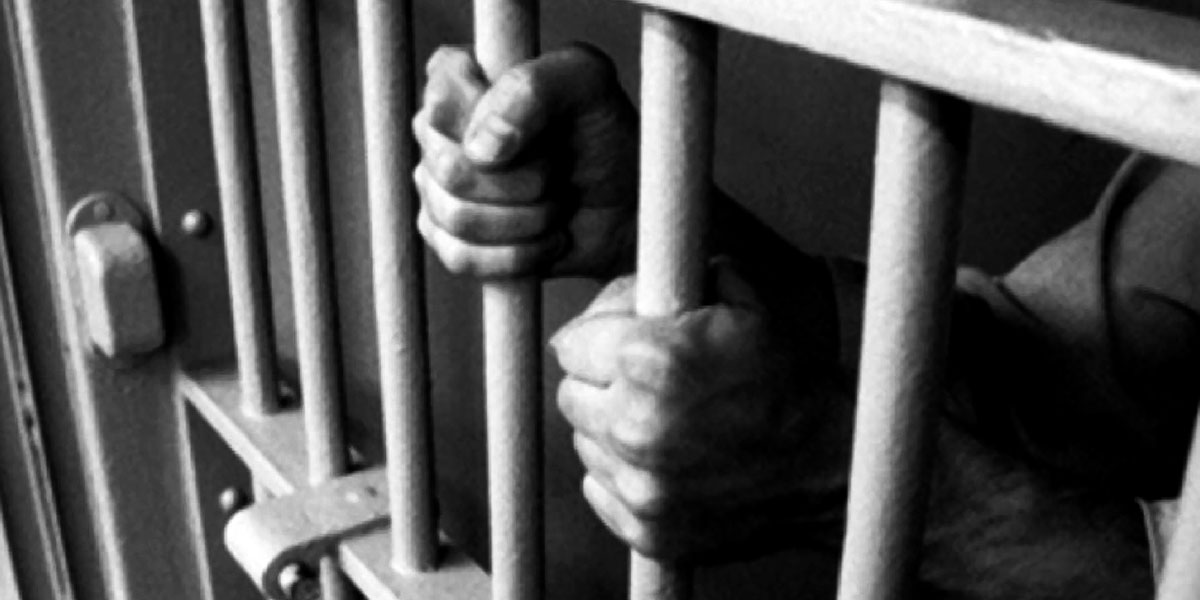 By Alex P. Vidal
By Alex P. Vidal
“If you have a particular faith or religion, that is good. But you can survive without it.”—Dalai Lama
WE will spend the last four months of 2020, the four “ber” months—September, October, November, December—or what we’ll call the “berdemic” months because of the coronavirus disease 2019 (COVID-19), with no clear path to the pandemic’s ending and the people’s suffering.
Since the pandemic terrorized the world early this year until as of August 29, the total coronavirus cases stands at 25,164,818; deaths: 846,757; and recovered: 17,507,516.
We’re hoping the number of deaths will not climb to one million by December 31.
We are also wishing and praying that miracles will arrive in the “berdemic” months and that the magic vaccine (aside from Russia’s untested Sputnik V) will be introduced before 2021, which many experts doubt will happen.
Many of those who are already sick after being infected with the virus and are in the hospitals might not make it in 2021. We pray that they will survive.
Our atheist friend in Brooklyn, 86-year-old Vera, once told me before the lockdown in March that even if some people don’t believe in God, “there’s no harm in trying to bombard heaven with prayers especially if we are fighting an invisible enemy.”
-o0o-
Again, there’s no harm in strengthening our faith and praying for our survival in these critical moments even if some cynics will claim “our faith has nothing to do with medical science or the spread of the pandemic.”
Research shows that religion can help people cope with adversity, according to the American Psychological Association (APA), by:
—Encouraging them to reframe events through a hopeful lens. Positive religious reframing can help people transcend stressful times by enabling them to see a tragedy as an opportunity to grow closer to a higher power or to improve their lives.
—Fostering a sense of connectedness. Some people see religion as making them part of something larger than themselves.
This can happen through prayer or meditation, or through taking part in religious meetings, listening to spiritual music or even walking outside.
—Cultivating connection through rituals. Religious rituals and rites of passage can help people acknowledge that something momentous is taking place.
These events often mark the beginning of something, as is the case with weddings, or the end of something, as is the case with funerals. They help guide and sustain people through life’s most difficult transitions.
It is extremely important that people use their beliefs in a way that makes them feel empowered and hopeful,” says Dr. Thomas Plante, a professor of psychology at Santa Clara University.
“Because it can be remarkably helpful in terms of managing stress during times like these.”
-o0o-
Unfortunately, religious beliefs may also undermine healing during stressful times, added the APA. These negative religious expressions include:
—Feeling punished by God or feeling angry toward a higher being. Trauma and tragedy can challenge conceptions of God as all-loving and protective. As a result, some people struggle in their relationship with God and experience feelings of anger, abandonment or being punished by a higher power.
—Putting it all “in God’s hands.” When people engage in “religious deferral,” they believe God is in charge of their well-being and may not take the necessary steps to protect themselves. One example of this deferral is church leaders who say God will protect their congregations as they hold church services in defiance of physical distancing guidelines aimed at reducing the spread of COVID-19.
—Falling into moral struggles. People can have difficulty squaring their behavior with their moral and spiritual values. For example, health-care providers who are on the front lines of treating coronavirus patients may describe the anguish they feel as they are being forced to decide how to allocate limited life-sustaining resources, decisions that put them in the uncomfortable role of playing God.
(The author, who is now based in New York City, used to be the editor of two local dailies in Iloilo)





















